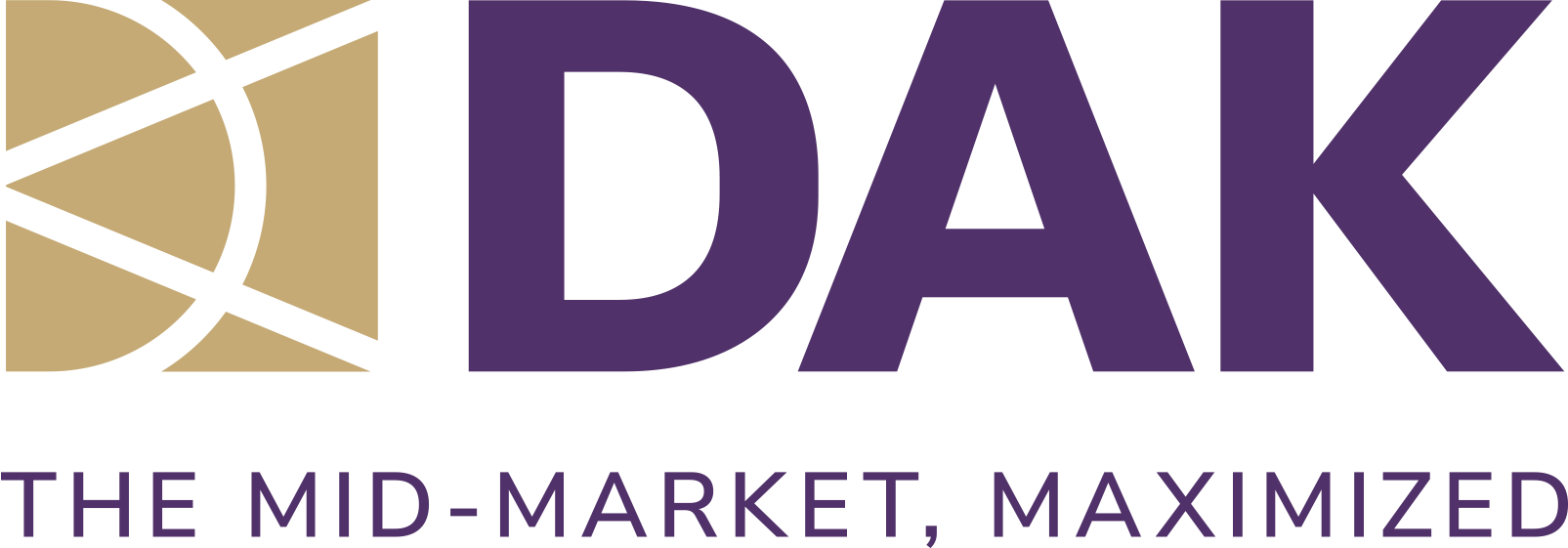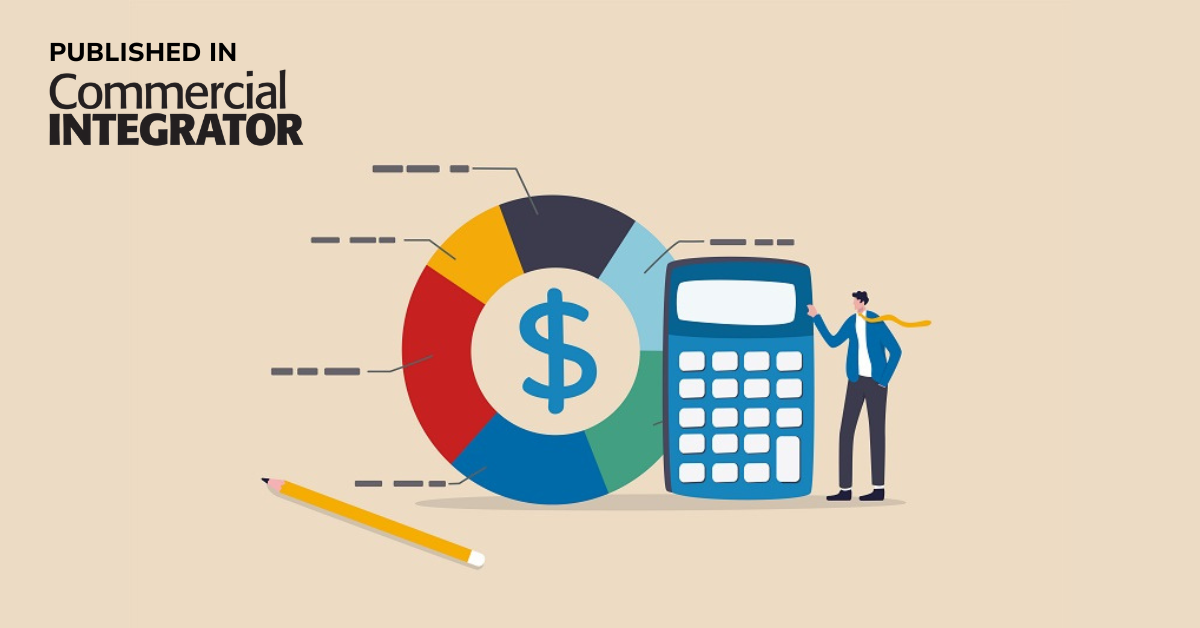The commercial AV industry has witnessed a significant uptick in mergers and acquisitions (M&A) over the past several years. This wave of activity is driven by various factors, including heightened attention from private equity (PE) firms and the ongoing trend of industry consolidation. The fragmented nature of the industry, combined with a large number of baby boomer business owners seeking exit strategies, has created fertile ground for M&A activity. Many of these businesses lack succession plans, making them prime candidates for acquisition.
Furthermore, the rapid evolution of technologies, along with the growing complexity of IT infrastructure, has created a demand for deeper expertise and more specialized competencies. Many smaller companies cannot keep pace with these developments, which makes them attractive targets for larger firms or private equity groups looking to acquire technical skills and broaden their service offerings. This dynamic landscape highlights the strategic importance of M&A in acquiring talent, expanding market share and remaining competitive.
The Rise of Recurring Revenue
In recent years, recurring revenue has become an essential factor in business valuation, particularly with the increasing adoption of “as-a-service” business models. The transition from one-off projects to recurring revenue streams has impacted industries across the board, including software, telecommunications, HVAC and pest control, among others. In the commercial AV sector, systems integrators have historically relied on project-based revenue, often characterized by large upfront payments and variable cash flow. However, with the integration of recurring revenue models, businesses are now benefiting from stable, predictable cash flows that enhance their overall valuation.
This shift is particularly important in the commercial AV industry, where technology is constantly changing and the need for ongoing maintenance and support has become paramount. Recurring revenue provides a cushion against market fluctuations, offering businesses more stability and predictability in their financial planning. For example, managed services, service-level agreements (SLAs) and subscription-based offerings ensure that companies receive consistent payments over time, rather than relying on sporadic, high-margin projects. This evolution has fundamentally changed how businesses in the sector are valued and has made recurring revenue a key factor in financial success.
Why Investors Favor Recurring Revenue
From an investor’s perspective, businesses with recurring revenue models are inherently more attractive. The primary reason is risk mitigation — recurring revenue reduces the uncertainty tied to project-based businesses and provides a steady income stream, which is less vulnerable to economic downturns or market disruptions. Moreover, companies with strong recurring revenue streams tend to have deeper relationships with their customers, making them less likely to lose business to competitors. This “stickiness” is crucial for long-term growth, especially in industries like commercial AV, where customer acquisition costs are high.
The predictability of recurring revenue also enhances financial agility, allowing businesses to better match their expenses to incoming revenue. This ability to forecast accurately enables companies to plan for growth and expansion with greater confidence, making them more attractive to investors and buyers. Additionally, recurring revenue models promote customer loyalty. As clients become more reliant on a company’s services, they are less likely to switch to competitors, further stabilizing revenue streams.
For investors, this predictability and customer loyalty translate into stronger exit strategies. Businesses with high recurring revenue are often valued at a premium, as they represent a lower-risk, higher-reward opportunity. In a competitive M&A landscape, companies with strong recurring revenue models stand out, attracting a wider pool of potential buyers.
The Nuances of Recurring Revenue
However, not all recurring revenue is created equal. The attractiveness of recurring revenue varies based on the nature of the contracts and the depth of customer relationships. For instance, managed services tied to break-fix arrangements offer a certain level of stability but may not be as valuable as contracts for ongoing monitoring or advanced IT support. Pass-through licensing agreements in software, staff augmentation contracts and other types of RMR each carry their own levels of risk and reward. The key differentiator is the strength of the customer relationship and the barriers to switching providers. Contracts with high switching costs or those where customers rely heavily on a company’s services are particularly valuable, as they tend to foster long-term retention.
Impact on M&A Decisions
In the commercial AV space, recurring revenue and managed services play an increasingly pivotal role in every transaction. While deal specifics are often confidential, it is clear that recurring revenue streams are a significant consideration in valuation and negotiations. Companies with robust recurring revenue models typically command higher valuations, as buyers are willing to pay a premium for the financial stability and growth potential these revenue streams provide.
This is especially true when capital allocation or internal investment decisions are under consideration. Initiatives that boost recurring revenue often generate the best returns because they offer predictable revenue and help sustain long-term growth. In essence, companies that focus on building recurring revenue models are better positioned to thrive, not only from a financial perspective but also from an operational one.
Building Business Value Beyond M&A
Even for businesses not currently eyeing a sale or merger, building a robust valuation remains essential. A company’s value is not only critical for M&A but also for strategic decision-making and investment planning. Recurring revenue helps foster a culture of financial discipline, collaboration, and innovation by providing the resources needed for reinvestment and growth. Additionally, businesses with strong recurring revenue models are better prepared to seize unexpected opportunities, such as new partnerships, expansions or even unsolicited buyout offers.
In conclusion, recurring revenue is vital to the commercial AV industry, enhancing business valuations, attracting investors, and providing a foundation for sustained growth and financial stability. As the industry continues to evolve, companies that successfully incorporate recurring revenue models will be better positioned to navigate an increasingly competitive landscape and achieve long-term success.





